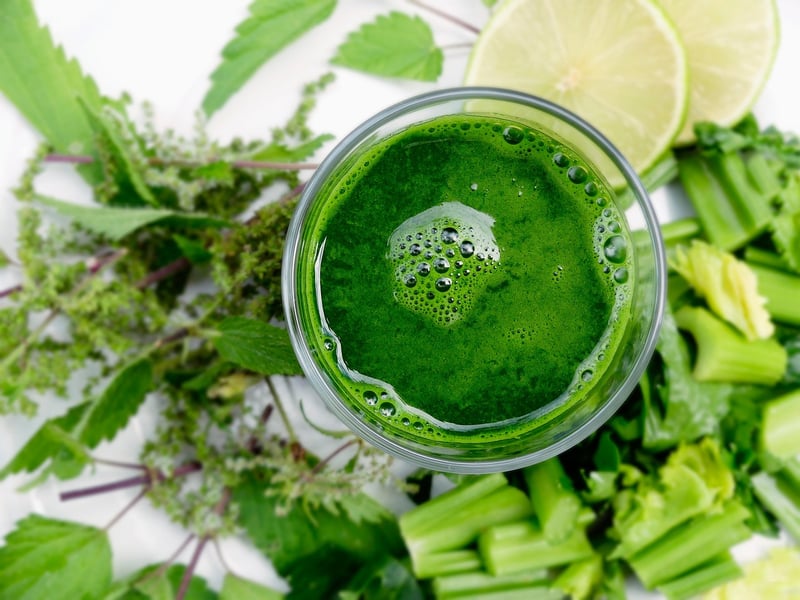Plant-based Alternatives
Key Components of a Plant-Based Diet
Plant-based diets have gained popularity in recent years due to their numerous health benefits, environmental sustainability, and ethical considerations. If you are considering transitioning to a plant-based diet or simply looking to incorporate more plant-based foods into your meals, it's essential to understand the key components that make up a well-rounded plant-based diet.
1. Fruits and Vegetables
Fruits and vegetables are the foundation of a plant-based diet. They are rich in vitamins, minerals, antioxidants, and fiber, which are essential for overall health. Aim to include a variety of colorful fruits and vegetables in your daily meals to ensure you are getting a wide range of nutrients.
2. Whole Grains
Whole grains such as brown rice, quinoa, oats, and whole wheat provide essential carbohydrates, fiber, and B vitamins. They are an excellent source of sustained energy and can help keep you feeling full and satisfied.
3. Legumes and Pulses
Legumes and pulses, including beans, lentils, chickpeas, and peas, are rich in protein, fiber, iron, and other essential nutrients. They are versatile ingredients that can be used in a variety of dishes, from soups and stews to salads and curries.
4. Nuts and Seeds
Nuts and seeds are packed with healthy fats, protein, vitamins, and minerals. They can be enjoyed as snacks, added to salads or smoothies, or used as toppings for oatmeal and yogurt. Incorporating a variety of nuts and seeds into your diet can provide a range of nutrients and flavors.
5. Plant-Based Protein Sources
Plant-based protein sources such as tofu, tempeh, seitan, and edamame can be excellent alternatives to meat and dairy products. These plant-based proteins are not only rich in protein but also offer a variety of textures and flavors for your meals.
Plant-Based Alternatives
For those looking to replace animal-based products with plant-based alternatives, there are numerous options available in the market today. Here are some popular plant-based alternatives:
- Plant-Based Milk: Soy milk, almond milk, coconut milk, oat milk, and rice milk are popular dairy milk alternatives that can be used in cooking, baking, or enjoyed on their own.
- Plant-Based Meat: Plant-based meat alternatives such as Beyond Meat and Impossible Foods offer realistic alternatives to traditional meat products, including burgers, sausages, and meatballs.
- Plant-Based Cheese: Dairy-free cheese made from nuts, soy, or coconut can be a delicious substitute for traditional cheese in sandwiches, pizzas, and pasta dishes.
- Plant-Based Yogurt: Coconut yogurt, almond yogurt, and soy yogurt are creamy alternatives to dairy yogurt that can be enjoyed with granola, fruit, or in smoothies.
- Plant-Based Eggs: Vegan egg substitutes made from tofu, chickpea flour, or flaxseed can be used in baking or to make scrambled eggs and omelets.
By incorporating these plant-based alternatives into your diet, you can enjoy a wide variety of delicious and nutritious meals while reducing your environmental impact and supporting animal welfare.


